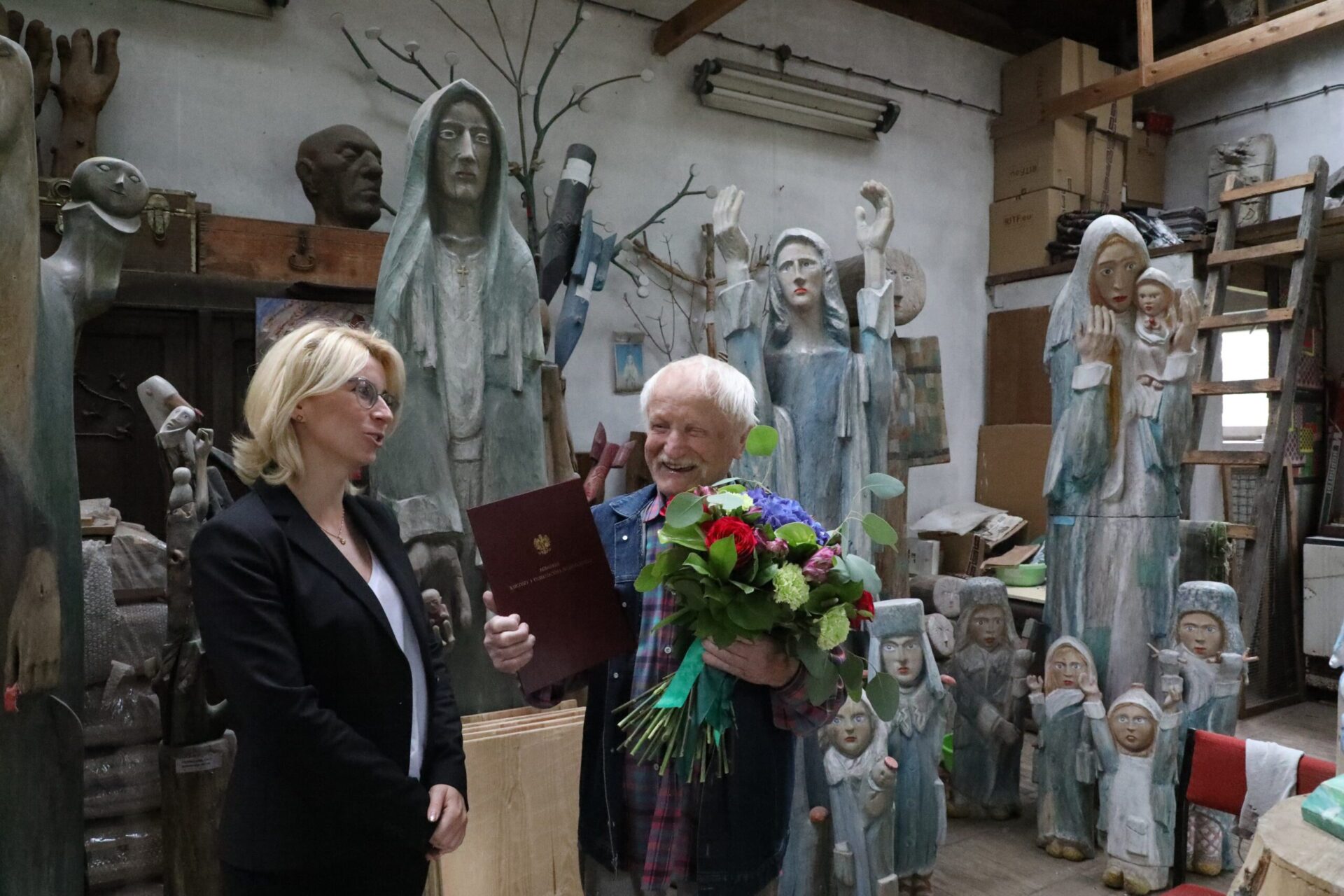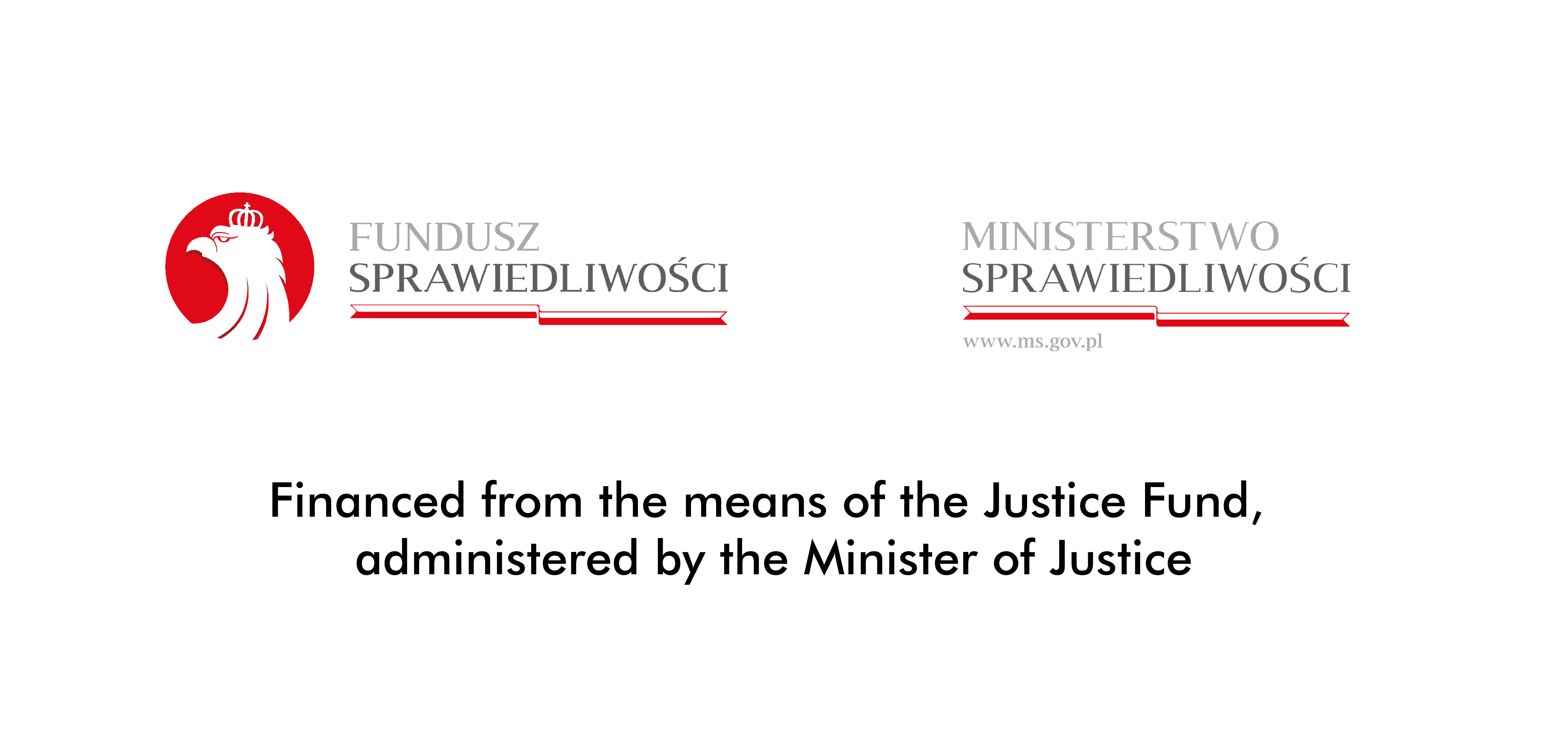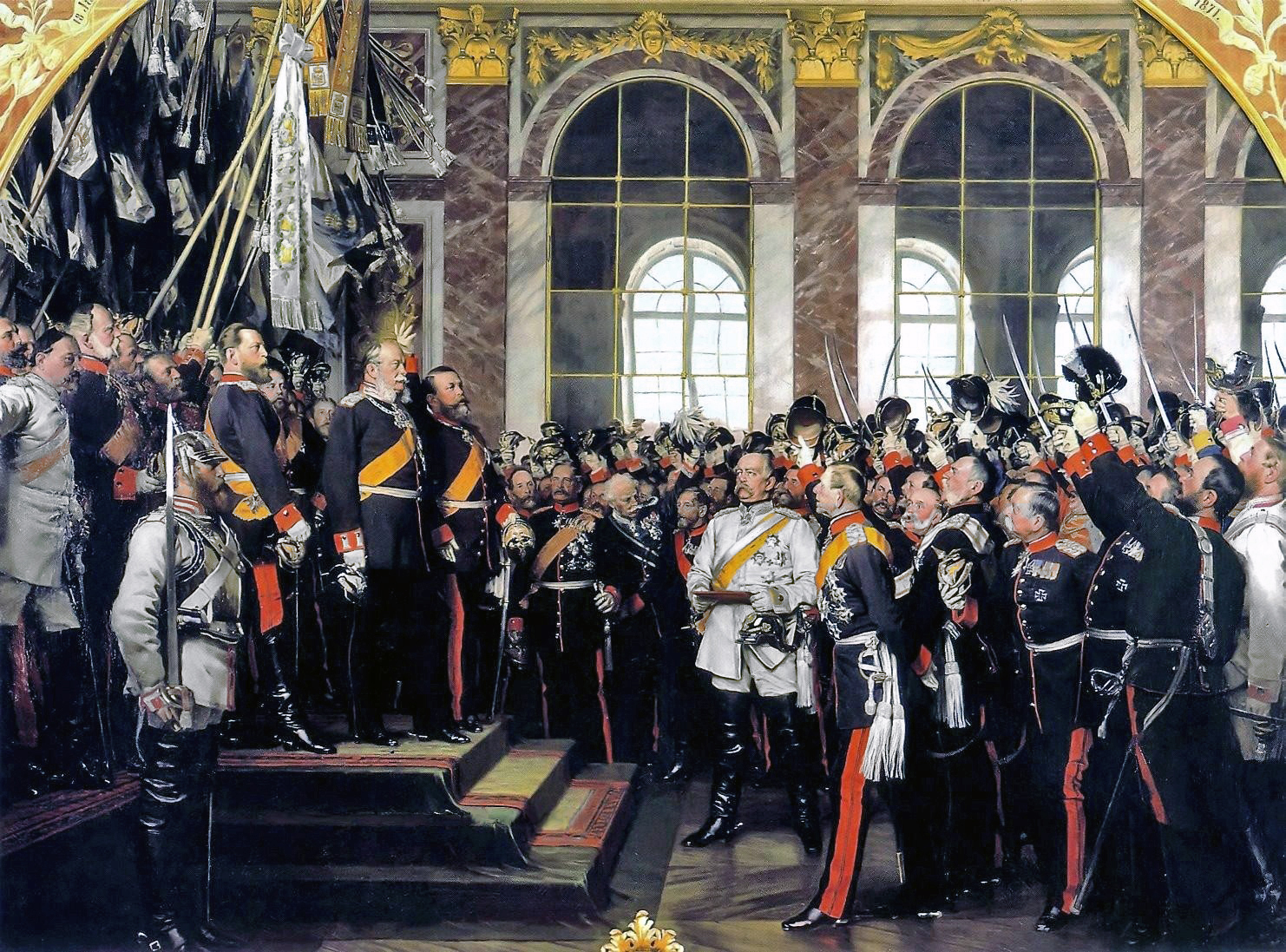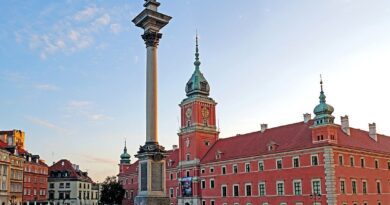Five graves in the Ural Mountains. The tragedy of the Polish family in the USSR (Part 1)

An interview with prof. Stanisław Kulon, an exile and artist bringing to light the tragedy of Siberians
PIOTR WŁOCZYK: How many people from the Kulon family did the Soviets take to the Ural mountains?
STANISŁAW KULON*: They took us all: eight people. The ninth was in my mother’s belly.
Besides yourself, who else managed to survive?
After the war, my two older brothers and one sister managed to return to Poland. My mother, father, and three youngest brothers died in the Ural mountains. Their graves are thousands of miles away, but I have ways to feel closer to them.
How so?
From my home, it is close to the Kampinos Forest. I have a place among the pines there, where I feel as if I were standing before the graves of my loved ones. The Ural forest is made up of pine trees, and they were all buried among these trees. I go there every Sunday, and also each year on February 10th. I pray for everyone there individually.
How do you remember that night from the perspective of a ten-year-old?
Around four in the morning we heard bayonets knocking on the window and a shouting: “Matuszka, open the door!” Before my father got up and opened the door, two Soviet soldiers smashed it with their gunstocks and went inside. They told us we have 15 minutes to dress. They said we couldn’t take anything with us because everything is prepared for us at our destination. Fortunately, my oldest brother, Władek, who was 20 at the time, did not listen to them. He entered the attic and poured 20-30 kg of flour into a sack and took it with him.
Our only “crime” was that my father was a legionnaire. He told us in the evenings how he took part in the liberation of Lviv three times, how he fought near Radzymin. For his service in the army, he was given a plot of 2.5 ha in the Borderlands.
We were taken from our settlement – Sobiesko – with the last sleigh. In front of us there was a whole chain of wagons with the exiles transported to Podhajec, where the train was waiting for us.
We left an oven full of bread at home. In the Borderlands it was customary to bake bread once every 2 weeks, every other Friday. At our home, my mother baked 16 loaves – one for each day and two to give to others.
You were probably missing that a lot on the train.
Yes, but because of my brother’s anticipation, we had flour. In the cattle car in which we were transported, the door was opened from time to time and we scooped up a bucket of snow. There was a stove inside. Mother used this flour and melted snow to make pancakes. She then shared it with the rest of the exiles. Others also shared what they had.
This solidarity between people was amazing then. I remember the first Easter in exile. The Poles shared bread among themselves, because there were no eggs. The exiles also shared everything else: taking care of children, food, information.
Who passed away first?
Oluś, who only survived two weeks in the Uralic conditions. It was such a joy when he was born! However, the drama started soon – my mother was malnourished and had no food … where do you get milk for a child in the middle of the Ural forest? There was only one cow in our entire “settlement”. It belonged to a commander. This man had a heart of stone and refused to give Oluś milk.
So my older brother Józek’s sneaked into the shed with the cow and would milk it “illegally” for a few days. You could see how Oluś changed for the better thanks to the milk: his cheeks became more red, he cried less, slept better. The commander’s wife realized, however, that the cow was not giving enough milk … The commander set up an ambush and caught my brother in the act. They beat him terribly. He barely made it out alive. That was the end – brother Oluś died of hunger shortly afterwards. My mother hunched over, tears continued to fall from her eyes, she said almost nothing.
Father managed to baptize Oluś with water from a nearby river. It was a very touching moment, we all prayed for the smallest of us. My parents were very religious and we prayed on the rosary during our exile, although sometimes we had to do it in secret, in our thoughts.
My father passed away second, he worked, among others, in saw sharpening and as a wheelwright. While transporting us from one “settlement” to another, my 52-year-old father did not have the strength to go further and sat down by the road. We had to leave him there because he could not be loaded onto the wagon – the horse was exhausted. It was only years later that I found out from my eldest brother that someone noticed my father on the way and took him to Bolnica, to a “hospital”, where my father died shortly after. He was buried in some nameless grave, probably without a coffin.
Mother was next. She died of exhaustion. My eldest brother made sure that she was buried in the coffin, and he struck a cross with her name on it. We became orphans.
Later, death took my younger brothers: 3-year-old Miecio and 7-year-old Kazik. I was already in an orphanage then, and both brothers were taken elsewhere: one to kindergarten and the other to hospital. I found out about my brothers’ deaths completely by accident. Such was the Soviet system for which human life meant nothing. Especially the life of the “enemies of the people”, that is, Poles.
You say that the Soviet Union is “inhuman people”, not an “inhuman land” Why?
Because the land is not to blame for anything. It was a country full of people devastated by an inhumane system. You could see the difference in the times: those who grew up in tsarist Russia were more decent than those who did not remember the world before the revolution.
I would never have gotten out of my home in the Urals if it wasn’t for my Russian teacher from Leningrad. She was about 70 years old. It was she who told me about the Sikorski-Majski agreement. She urged me to take the opportunity to run away with my siblings from the Urals to the orphanages in the western part of the USSR, which – as she put it – “will be closer to Poland”. And that’s what we did.
Who was the worst of these “inhuman people”?
The guards. Each guard was assigned to ten exiles. They were degenerates who only cared about numbers. They constantly reminded us: “Those who are not working are not going to eat”. We were sent to martyrdom in hunger and cold, to destruction, and they were our torturers. Before our death, the Soviet state wanted to make use of us to the very end.
I will never forget how my mother felt after my brother died, but she still had to saw wood in order to supply cars with fuel. Hardly anyone remembers today that the huge Soviet trucks ran on wood gas. Women and children were responsible for the production of this fuel. My mother was barely alive and she asked me to help. I was 11 years old, but my mother gave added a year to my age so that I could work in accordance with Soviet “law”.
One day my mother was sawing a tree with the last of her strength. A guard saw this, jumped over to my mother and started kicking her. I jumped on him in defense of my mother, but he immediately took out his gun and shouted: “I will kill you”. This guard was no more than 20 years old and could do whatever he wanted with me. But my mom somehow begged him not to kill me. It was a typical homo sovieticus who did not remember the tsarist times.
Only one young Russian I met at the time was different. It was a Leningrad history student who – despite the great age difference – became my friend. I don’t remember his name because we just called him “student”.
Why was he sent to the Urals?
He told me that he contested that it was Stalin who wrote the “Short Course in the History of the All-Union Communist Party (of the Bolsheviks)”. For this he was sentenced under article 58, i.e. for counter-revolutionary activity. He got 10 years of exile. He looked terrible: ragged, sick, had pimples on his bald head. The commander banned us from contacting him. He was treated like a leper. It was about his views, of course, not about his health. However, I approached him and we talked. He had a good heart – he asked me not to come too close to him for my own safety.
His end was very sad. It was already spring and the loggers were floating logs down the river.
The student tried to break free. He wanted to cross the river on the logs. He was halfway through when the guards saw what was happening. They started shooting. They hit him. And then, all I could see was his hand sticking out above the water. It was as if he was saying goodbye to me …
Would he have any chance of survival if he crossed over?
No. An exhausted man was unable to escape from those forests. It was worse than a prison.
These guards were so treacherous that they showed the Poles which way to escape. Those who fell for the trap were then quickly caught. The guards did all of this for their reward: vodka.
(…)
The interview was conducted in 2017.
* Prof. Stanisław Kulon (1930-2022) was a sculptor and lecturer at the Academy of Fine Arts in Warsaw for many years. In 1940, he was exiled by the Soviets from Poland to the Soviet Union.




